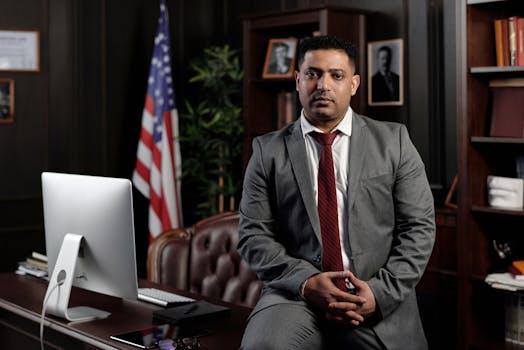
**
Kerala Nurse Nimisha Priya: Supreme Court to Hear Plea for Diplomatic Intervention Against Yemen Death Sentence
The fate of Nimisha Priya, a Kerala nurse sentenced to death in Yemen, hangs in the balance as the Supreme Court of India agrees to hear a plea urging diplomatic intervention to save her life. The case, which has garnered significant national and international attention, highlights the precarious position of Indian citizens abroad facing capital punishment in foreign jurisdictions. The plea, filed by Priya's family and supporters, seeks the immediate intervention of the Indian government to secure her release through diplomatic channels before her scheduled execution.
The Grim Reality Facing Nimisha Priya
Nimisha Priya, a native of Kerala, has been imprisoned in Yemen for several years after being convicted of murder. While the exact details of the case remain somewhat shrouded in controversy, the death sentence has sent shockwaves through her family and the broader Indian diaspora. The circumstances surrounding the conviction have been questioned, leading to fervent appeals for a re-examination of the case and for clemency. The high-profile nature of this case has brought the issue of Indian citizens facing capital punishment abroad squarely into the national spotlight.
Supreme Court Steps In: Hope for Diplomatic Resolution
The Supreme Court's decision to hear the plea signifies a crucial development in the ongoing fight to save Priya's life. The court’s intervention offers a ray of hope for Priya's family and supporters who have been relentlessly campaigning for her release. The court's directive to the central government to actively engage in diplomatic efforts with the Yemeni authorities underscores the seriousness with which the case is being treated.
The petitioner's plea emphasizes the urgent need for diplomatic engagement, arguing that the Indian government has a responsibility to protect its citizens abroad. They cite previous instances where diplomatic intervention has successfully secured the release of Indian nationals facing similar dire situations in foreign countries. The plea also underscores the potential humanitarian crisis and negative impact on India-Yemen relations if Priya's execution is carried out.
The Role of the Attorney General and the Upcoming Hearing
The Attorney General for India will assist the Supreme Court in this crucial matter, providing legal counsel and insights into the diplomatic options available to the government. This indicates a high level of seriousness on the part of the government in addressing this sensitive case. The hearing, scheduled for Friday, is expected to be closely watched by Priya's family, concerned citizens, and legal experts alike. The outcome of the hearing will significantly impact the future of Nimisha Priya and set a precedent for future cases involving Indian citizens facing capital punishment overseas.
Key Arguments Presented in the Plea:
- Violation of Human Rights: The plea alleges violations of Nimisha Priya's fundamental human rights during the trial and imprisonment in Yemen.
- Lack of Due Process: Concerns are raised about whether Priya received a fair trial adhering to international standards of justice.
- Diplomatic Pressure: The plea urges the Indian government to exert diplomatic pressure on Yemen to grant clemency or review the case.
- Humanitarian Grounds: The plea emphasizes the humanitarian aspects of the case, particularly the impact on Priya's family and the need to prevent an irreversible tragedy.
- India-Yemen Relations: The plea highlights the importance of maintaining positive diplomatic ties between India and Yemen.
The Larger Issue: Protecting Indian Citizens Abroad
Nimisha Priya's case underscores a broader concern regarding the safety and well-being of Indian citizens living and working abroad. Many Indians migrate for employment opportunities, and situations like Priya's highlight the vulnerabilities they may face in foreign legal systems. The case has reignited calls for stronger government support and proactive measures to protect the rights of Indian citizens overseas. This includes improvements in consular services, access to legal aid, and the establishment of clear guidelines for diplomatic intervention in cases involving capital punishment.
The Way Forward: Hope and Uncertainty
The Supreme Court's intervention provides a glimmer of hope for Nimisha Priya. The outcome of Friday's hearing remains uncertain, but the very fact that the court is actively considering the plea demonstrates a commitment to addressing this urgent humanitarian concern. The case highlights the crucial role of diplomatic intervention in safeguarding the lives of Indian citizens facing capital punishment abroad and the urgent need for a robust and proactive foreign policy approach to address such challenges. The global community will be watching closely as this critical legal battle unfolds. The success of this intervention could potentially set a precedent for future diplomatic efforts aimed at securing the release of other Indian citizens facing similar situations. The hashtag #SaveNimishaPriya continues to trend on social media, a testament to the public’s concern and desire for a just resolution.




















